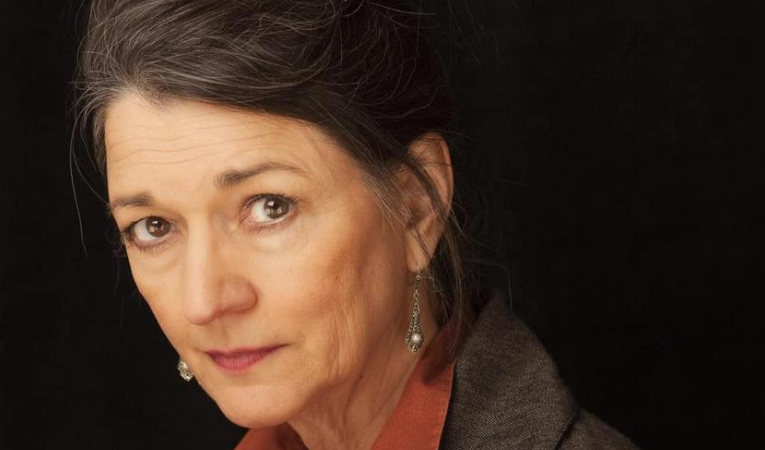-
Avery Chenoweth on Telling Stories for Business
•
This is the second part of a two-part interview with Avery Chenoweth, a writer and Spanish language translator based in Charlottesville, Virginia. You can see Part 1 here. In recent years you have used your storytelling chops to develop a business. HeresMyStory.com engages students and others who use historic sites, but getting them to…
-
Howard Bryant on Tricks of the Trade
•
This is the second part of a two-part interview with Howard Bryant, the journalist and author of books about racism and the Boston Red Sox, the steroids crisis, and activism in sports and biographies of Henry Aaron and Rickey Henderson. You can read the first part here. CE: What essential skills did you learn…
-
John McPhee’s Step-By-Step Approach to Narrative Nonfiction
•
No one in our time has contributed more to nonfiction narrative–stories that are true–than John McPhee. And he has lessons to teach. McPhee is the writer for The New Yorker and creative writing professor at Princeton University. His books include the Pulitzer-Prize winning Annals of the Former World (a trilogy on geology and geologists), A Sense…
-
Tim Ferriss and the Titans (4): On Divergent Thinking, Storytelling, and Integrity
•
This is the fourth part of a four-part series on Titans, by Tim Ferriss. Other parts are listed below: On commitment, and focus. On planning and journaling. On asking questions, gathering material, and details and style. On divergent thinking, storytelling, and integrity. 8. Divergent thinking Ideas are great; divergent ideas are better. To give…
-

The Enduring (And Sometimes Creepy) Power of Fairy Tales
•
This originally appeared in The Boston Globe on December 30, 2014. Fairy tales come steeped in gruesome and explicit imagery. In contrast to today’s politically-correct sensibilities, folk stories revel in death, torture, sexual perversion, and betrayal. But one tale by the Brothers Grimm went too far. In “Playing Butchers,” a man slaughters a pig…
